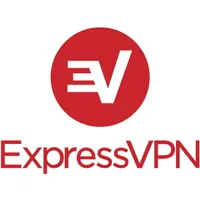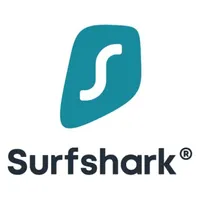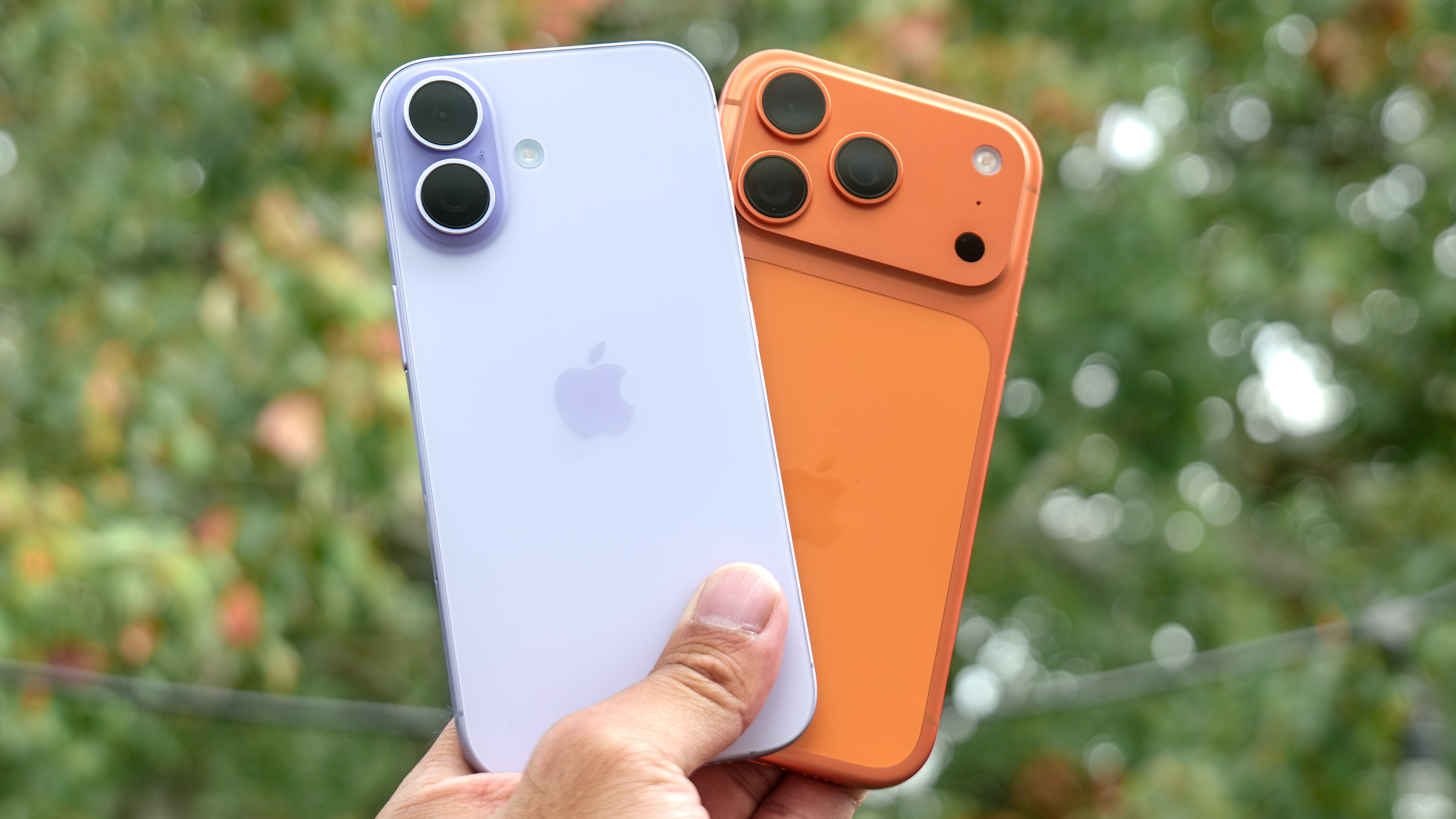Who should use a free VPN?
Only use a free service in these specific cases
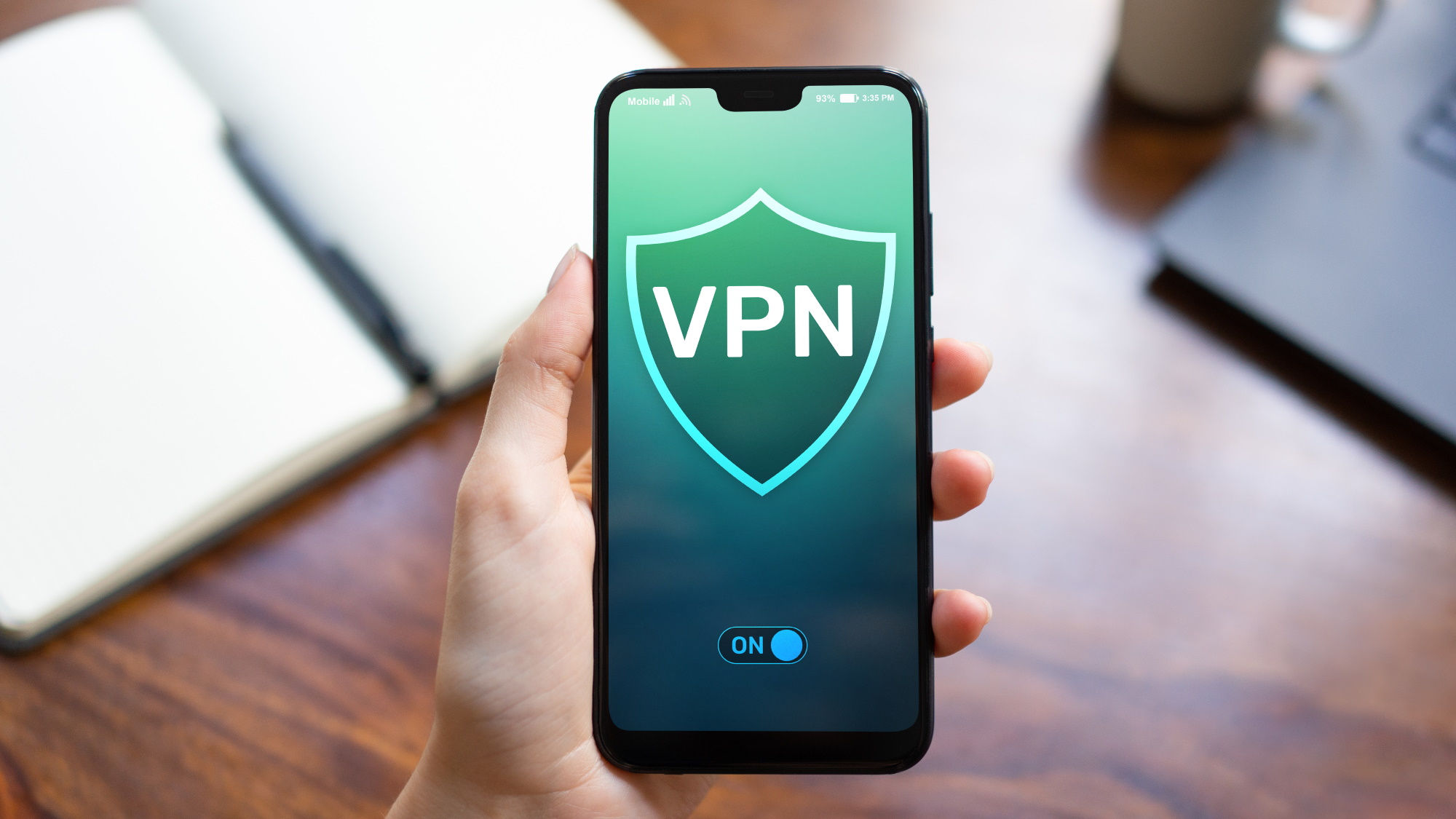
Here at Tom’s Guide our expert editors are committed to bringing you the best news, reviews and guides to help you stay informed and ahead of the curve!
You are now subscribed
Your newsletter sign-up was successful
Want to add more newsletters?

Daily (Mon-Sun)
Tom's Guide Daily
Sign up to get the latest updates on all of your favorite content! From cutting-edge tech news and the hottest streaming buzz to unbeatable deals on the best products and in-depth reviews, we’ve got you covered.

Weekly on Thursday
Tom's AI Guide
Be AI savvy with your weekly newsletter summing up all the biggest AI news you need to know. Plus, analysis from our AI editor and tips on how to use the latest AI tools!

Weekly on Friday
Tom's iGuide
Unlock the vast world of Apple news straight to your inbox. With coverage on everything from exciting product launches to essential software updates, this is your go-to source for the latest updates on all the best Apple content.

Weekly on Monday
Tom's Streaming Guide
Our weekly newsletter is expertly crafted to immerse you in the world of streaming. Stay updated on the latest releases and our top recommendations across your favorite streaming platforms.
Join the club
Get full access to premium articles, exclusive features and a growing list of member rewards.
A VPN, or virtual private network, is a software tool that helps keep your online activity, like banking and shopping, private and secure. Your Internet connection is passed through an encrypted server, hiding your IP address and making it nearly impossible for hackers and other interested parties to steal your data.
A free VPN does this to a lesser degree, and comes with a host of important security and performance caveats. While many of the best VPN providers like ExpressVPN can help you cheaply bypass these restrictions and security concerns, in truth only a few very specific cases warrant the use of a no-fee VPN.
Below, we’ll take a look at who should use a free service and under what circumstances, and when it’s best to opt for a paid VPN.
Who should use a free service?
A no-fee VPN offers limited protection online. You typically won’t have much choice of server or location, if any, and speeds are almost invariably throttled. Furthermore, most unpaid VPN providers limit your total data usage to just a few gigabytes per month – that’s enough to check your email every day, but not great for streaming content (although free Netflix VPNs do exist).
Unpaid VPNs have also been known to use tracking technology like cookies, and they may log your internet use and sell this and other personal information to advertisers and third parties, making them far less secure services overall.
As a result, there are only a few cases in which a no-fee VPN is really useful or appropriate.
Users who travel occasionally and want to have a somewhat more secure session when using public Wi-Fi might want to opt for a free provider. The encrypted connection to a VPN server will help keep your data safe from prying eyes on public Wi-Fi, but just remember that your activity may still be tracked by the VPN and sold to third parties. Online banking and online shopping are also OK in this scenario, and it’s definitely safer than not using any VPN at all.
If you’re looking to try out a VPN provider before paying, a $0 plan is a great way to do so. Just be aware that it’s not always easy to judge a full, paid service based on the restricted, free plan. You won’t have the best speeds, most secure servers, or any real choice of location. You’re better off seeing if the paid plan has a VPN free trial period – or even a money-back guarantee – and using that instead.
- If you want to save your cash, check out the top cheap VPN
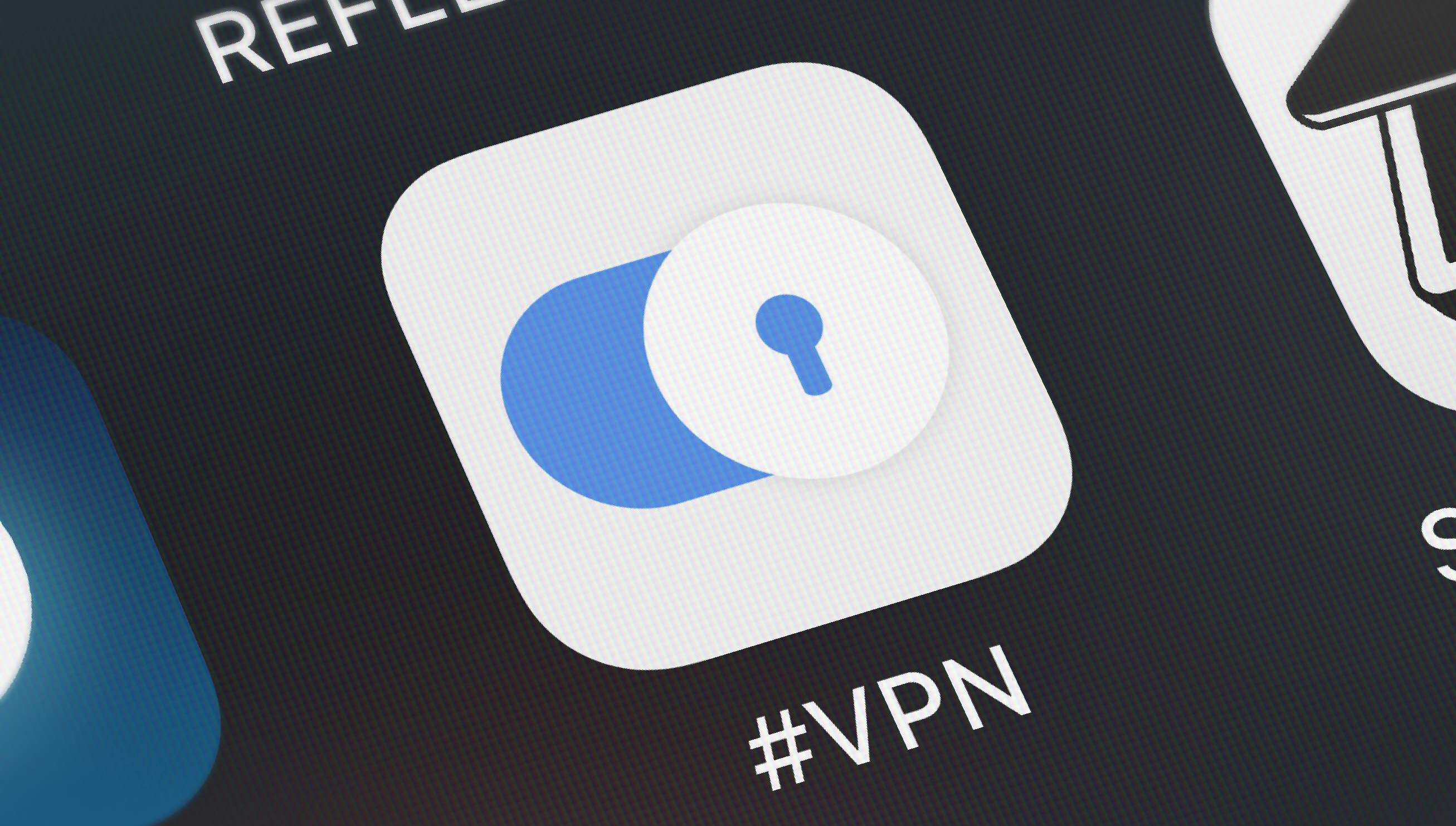
Who should use a paid VPN
Other than those two scenarios, there’s really no situation where a free service will do – and there’s little reason to make the sacrifice, either, considering that some of the most secure, feature-rich, robust VPNs like Surfshark cost less than $2 per month and can cover unlimited devices.
If you’re looking for a highly secure online experience, you’ll want to go with a paid VPN. Many VPNs have strict no-logging policies, and some have even gone through external security audits, enabling you to use the service with a high degree of confidence.
For those after a streaming VPN to watch geo-blocked content, like Netflix, Amazon Prime, or YouTube, a paid VPN is also a much safer bet. The more advanced technology and infrastructure, and the larger selection of server locations means you have a much better chance of getting access – plus you won’t find your data running dry after half an hour.
Anybody looking for a business VPN should also, without a doubt, use a paid VPN. No-fee VPNs are less secure, and when it comes to remote desktop access, you’ll want the speed and stability of a paid VPN provider.
The same goes for torrenting VPNs, as no-fee VPNs restrict speeds and often won’t even allow torrenting traffic over their free servers. Paid VPNs have the resources to support torrenting traffic, and often provide specialized torrenting servers for the fastest possible connection.
Bottom line
If you’re only a very casual VPN user, for occasional use over public WiFi, and you’re not too concerned with privacy or security, a free service is an OK choice. You can also use a no-fee VPN to trial a VPN, but most offer free trials of money-back guarantees for paid plans that will let your test out all the features.
For everybody else, a paid VPN is the way to go. They’re faster, more stable, more secure and ensure greater privacy. What’s more, it only costs a few bucks per month for even the very best of them.
Which VPN should I choose?
For the vast majority of users, we’d recommend ExpressVPN. With over 3,000 servers in 94 countries, apps for all your devices and a stellar 24/7 support system in case anything doesn’t work as it should, it’s simply the full package.
Express is incredibly simple to use, but boasts great functionality like a kill switch, split tunneling and Perfect Forward Secrecy under the hood, which will appeal to even the most battle-hardened VPN users as well as newbies.
If you’re not sure, you’ll be covered by a 30-day money-back guarantee so you can fully test the service before you commit, and Toms Guide readers can also claim three free months – that’s 15 months for the price of 12.
If you’re looking to upgrade from a free service at a minimal cost, though, Surfshark could be your best bet. While it’s not as comprehensive as Express, it provides all the essentials plus some really neat features like HackLock and BlindSearch.
The best thing, though? You can bag a 24-month plan for around $2 a month. No other service can come close to Surfshark’s combination of quality product and rock-bottom pricing. Plus, you’ll also be able to claim your money back within 30 days if you find outr the service isn’t for.
Get instant access to breaking news, the hottest reviews, great deals and helpful tips.
Christian is a freelance writer and content project manager with over six years' experience writing and leading teams in finance and technology for some of the world's largest online publishers, including TechRadar and Tom's Guide.
 Club Benefits
Club Benefits





